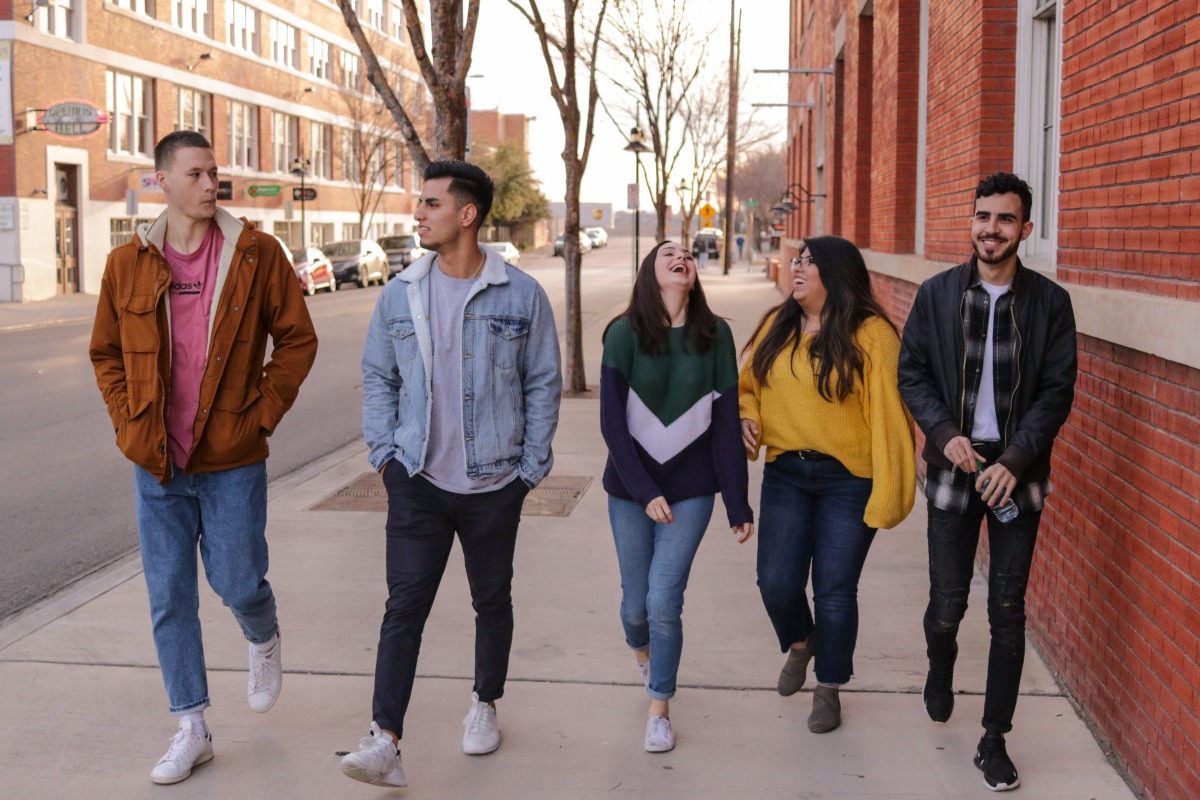Can Cognitive-Behavioral Therapy Help My Social Anxiety?
Many people with substance use disorder (SUD) also struggle with other mental health disorders. Anxiety is one of the most commonly diagnosed mental health disorders and can be broken up into various subcategories. One of those subcategories is social anxiety disorder. Understanding the signs and symptoms of social anxiety can help a person manage SUD and mental health disorder symptoms during recovery.
Defining Social Anxiety
Social anxiety, sometimes referred to as social phobia, is more than having shy character traits. It’s a fear of being judged by others, constant self-consciousness, and avoidance of meeting new people out of fear of humiliation, judgment, or rejection. Social anxiety is a type of anxiety disorder that occurs in everyday social situations. Usually, social anxiety is related to a specific situation, like eating or drinking in front of others, public speaking, meeting new people, or having to talk to a store cashier. However, for some people, this type of anxiety occurs in every type of social situation.
This fear can be so intense that it may feel beyond a person’s control. Social anxiety becomes dangerous when it interferes with a person’s everyday life, preventing the person from creating or maintaining healthy relationships or presenting barriers in the person’s career or ability to care for themselves. For example, the fear of social situations and interactions could lead a person to have crippling anxiety during everyday social situations, which can be emotionally exhausting. In more severe cases, it could lead to avoidance of regular social situations.
Social anxiety disorder might cause a person to obsess about an upcoming social engagement for weeks in advance. For some people, it’s not just a fear of social interactions but of social performance as well. This could include competing in a sports game, playing a musical instrument in public, or giving a speech.
Other Types of Anxiety Disorders
The most common type of anxiety disorder is generalized anxiety disorder (GAD), characterized by persistent and excessive worrying. Other anxiety disorders include panic disorder, phobia-related disorders, and social anxiety disorder. Obsessive-compulsive disorder (OCD) used to be considered an anxiety disorder. However, in the DSM-5, OCD is regarded as an obsessive-compulsive-related disorder instead. Like most anxiety disorders, social anxiety involves excessive worry that can result in physical and emotional symptoms.
Symptoms of Social Anxiety
Symptoms must be apparent for six months or more to be diagnosed with social anxiety. Social anxiety symptoms will occur when in front of or around others or pending a dreaded future social situation. Some of the symptoms include the following:
- Blushing, sweating, or trembling
- Rapid heart rate
- Feelings of “mind going blank” or sick to the stomach
- Rigid body posture
- Speaking with an overly soft voice
- Having difficulties making eye contact, being around strangers, or talking to people in social situations
- Feeling self-conscious, afraid of negative judgment
- Avoiding places where there are people
What Is Cognitive-Behavioral Therapy?
One of the most common psychotherapy treatment options for social anxiety is cognitive-behavioral therapy (CBT). CBT involves a combination of both cognitive and behavioral approaches to mental health. The philosophy behind CBT is that a person’s behaviors, thoughts, and feelings all affect one another. Therefore, positive changes in one area will lead to positive changes in the other areas of the person’s mental health.
Part of CBT is identifying your thoughts, attitudes, and expectations. Therapists practicing CBT will help their clients become more familiar with how their minds work by revealing distressing thoughts and beliefs. Ultimately, the goal is to change these negative thoughts and perspectives into positive ones. Some types of negative thought patterns include:
- Over-generalizing: Applying a negative experience from a specific situation to broadly apply to all other situations
- Catastrophizing: Drawing an exaggerated negative and sometimes implausible conclusion as the only possible outcome of an event or situation
- Personalizing: Self-blame for things that aren’t the person’s fault and are completely out of their control
- Polarizing: Black-and-white thinking
- Emotional reasoning: Believing feelings are facts
- Magnification/minimization: Obsessing over negative qualities and dismissing positive ones
CBT Sessions for Social Anxiety
Unlike psychotherapy, CBT focuses on the client’s present problems. CBT is a problem-oriented strategy. It functions on the belief that behaviors are learned and can be changed by focusing on current problems and brainstorming solutions. A CBT session for social anxiety might include a mental health professional brainstorming coping mechanisms to help the client self-soothe and destress. This might include learning breathing or grounding techniques or re-imagining future social situations with a different perspective.
Other Types of Treatments for Social Anxiety
Another popular type of psychotherapy for social anxiety treatment is acceptance and commitment therapy (ACT). ACT uses mindfulness to help clients accept uncontrollable experiences. Medication can also be used to treat social anxiety, including prescribing anti-depressants like selective serotonin reuptake inhibitors (SSRIs) or anti-anxiety medication such as benzodiazepines. Most likely, a treatment plan for social anxiety will involve a combination of medication and psychotherapies.
Cognitive-behavioral therapy (CBT) can help you manage social anxiety symptoms. If intense fear of judgment interferes with your day-to-day social activities, you should seek a diagnosis from a mental health professional. Restoration Recovery Centers offers a wide variety of treatment options, including CBT, to manage your substance use and social anxiety symptoms. We believe that co-occurring disorders should be treated simultaneously. Our mental health professionals are dedicated to giving you care uniquely tailored to your mental and physical health needs. If you or someone you know is struggling with substance use, call (888) 290-0925 to earn how Restoration Recovery Centers can help you restore your life’s purpose and heal from addiction.






